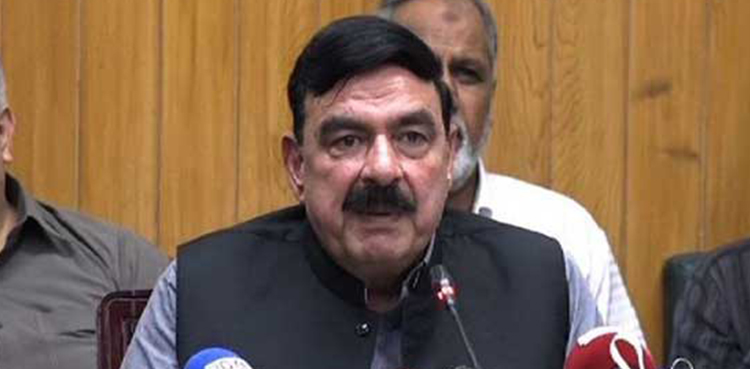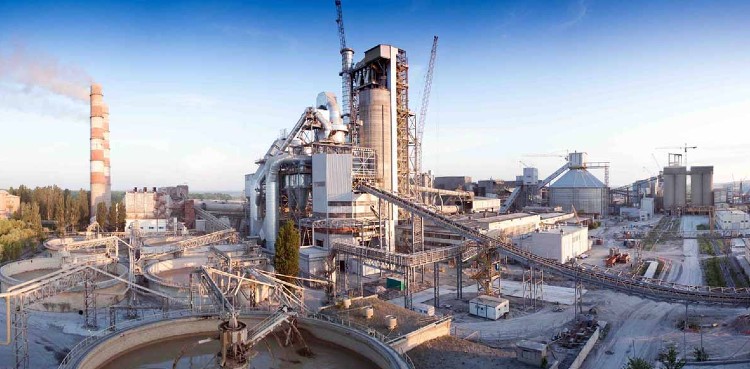Palestinian prime minister Mohammad Shtayyeh on Monday announced his government, which rules parts of the occupied West Bank, submitted its resignation, saying “new political measures” were needed given the changing reality in Gaza.
“I submit the government’s resignation to Mr. President (Mahmud Abbas),” Shtayyeh said, adding that it comes in the wake of the “developments related to the aggression against the Gaza Strip and the escalation in the West Bank and Jerusalem”.
He said he had offered the resignation last Tuesday but was formally submitting it “in writing” on Monday.
Abbas has faced mounting anger since war erupted on October 7 between Israel and the Palestinian Islamist movement Hamas, with many criticising the Palestinian president for not severely condemning the Israeli offensive there and the rising violence in the West Bank.
Since 2007, the Palestinian leadership has been divided between the Palestinian Authority of Abbas, which exercises limited power in the West Bank, and Hamas which rules Gaza.
The resignation of the government in the West Bank comes as several countries, including the United States, have called for a reformed Palestinian Authority that would take charge of all Palestinian territories after the war in Gaza ends.
“The next stage and its challenges require new governmental and political measures that take into account the new reality in the Gaza Strip,” Shtayyeh said in a brief speech announcing the resignation.
He called for inter-Palestinian consensus and the “extension of the (Palestinian) Authority’s rule over the entire land of Palestine”.
The retaliatory Israeli military offensive in Gaza has so far killed at least 29,782 people, most of them women and children, according to the territory’s health ministry.
Violence in the West Bank has also flared since the war in Gaza erupted to levels unseen in nearly two decades.
Israeli troops and settlers have killed at least 400 Palestinians in the West Bank since the Gaza war began, according to the health ministry in Ramallah.
“The government was able to achieve a balance between meeting the needs of our people and providing services like infrastructure,” said Shtayyeh, whose cabinet took office in 2019.
“We will remain in confrontation with the occupation … and will continue to struggle to establish a state on the lands of Palestine,” he said.
It was still unclear whether Abbas would accept the resignation immediately or wait until a new prime minister had been appointed.
Palestinian media reports suggested Abbas might appoint Mohammed Mustafa, an executive committee member of the Palestine Liberation Organisation — dominated by the ruling Fatah movement — to head the new cabinet.
Mustafa has previously served as deputy prime minister and as a senior adviser to Abbas on economic affairs.















































